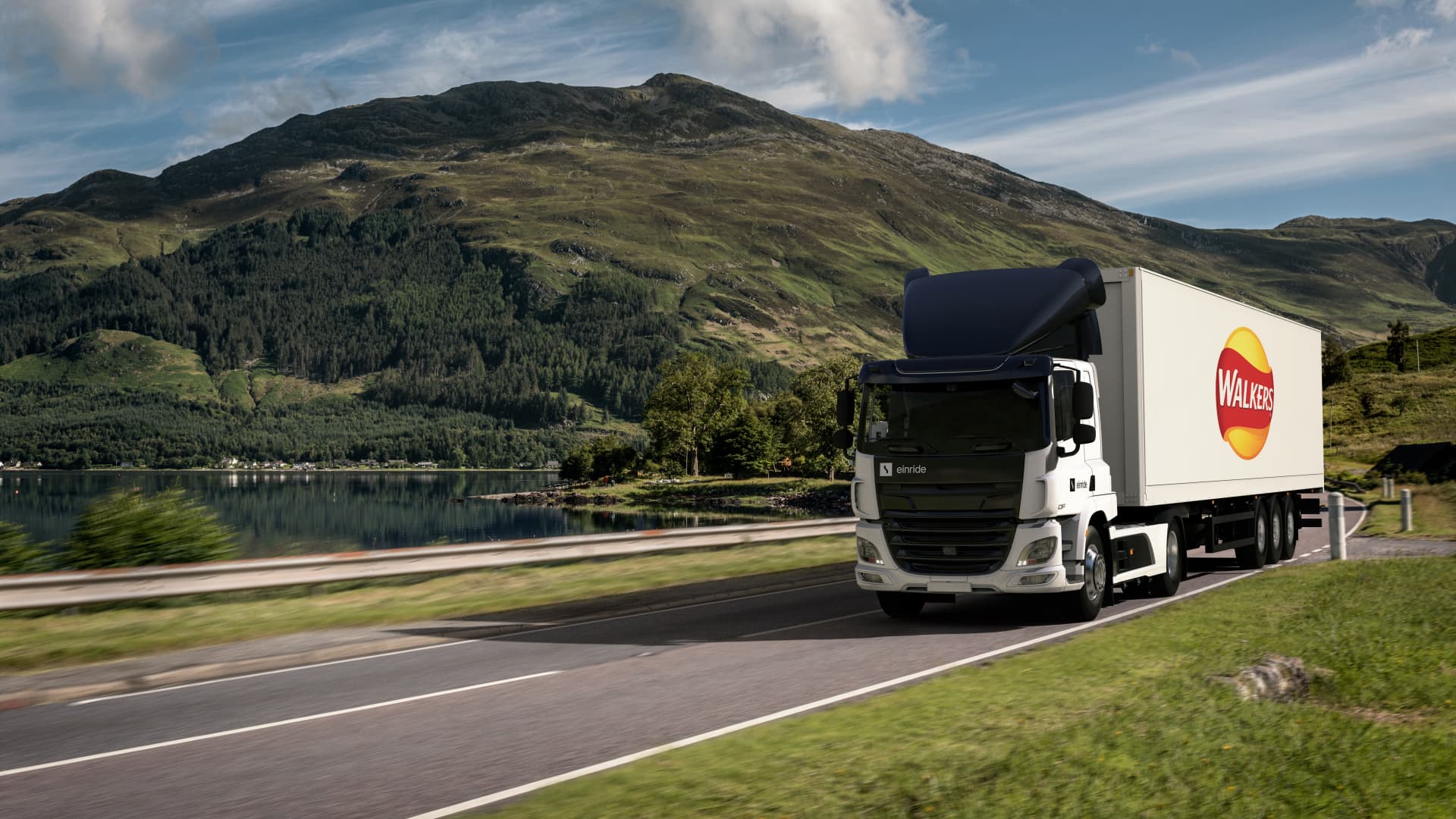A lot has been made of the fact that the infrastructure bill Democrats and Republicans are ready to pass is extremely watered down and leaves out basically all of the priorities of progressive Democrats, including the exciting cleantech and climate provisions we’ve been writing about (such as extension and expansion of the federal EV tax credit). But this is a case of understandable misunderstanding wrapped in the complicated, confusing activities of U.S. politics. The infrastructure bill is not going forward without a super strong, progressive reconciliation bill also going through — and enough Republicans and Republican-light Democrats seem to be fine with that and ready to make the magic happen. I’ll explain more after the news brief from Nexus Media.
First of all, here is a quick news brief from Nexus Media, including several links to mainstream media sources it used:
President Biden and a bipartisan group of 10 senators reached an agreement on an infrastructure package that includes little to address climate change, and its passage will require additional measures in separate legislation. The package, which includes $579 billion in new investments, includes some funding for transit, rail, EVs, and improving resilience to climate-fueled disasters. It omits, however, many of the ambitious proposals President Biden initially outlined to reduce fossil fuel consumption and address climate change, including a national clean electricity standard, and tax incentives for renewable energy development. It was unclear who the five additional Republican senators needed to overcome the filibuster might be.
Democrats in both chambers and President Biden said their ultimate support for the bipartisan compromise would be contingent on passage of a larger budget reconciliation package that includes stronger climate provisions as well as investments in “human infrastructure” like childcare and paid leave.
Source: Bipartisan deal: New York Times $, New York Times $, Washington Post $, Reuters factbox, Washington Post $, The Hill, E&E $, New York Times $, Politico, E&E $, Politico Pro $; Reconciliation required: (New York Times $, AP, Reuters, The Hill
Explaining the Political Story
Even among D.C. insiders, there is some confusion going on here regarding the two bills. First, I’ll explain further the details of the voting on these, and then I’ll offer my opinion on why this is happening as it is — from listening to many different Congresspeople, journalists, and political commenters talk about it.
The infrastructure bill is reportedly going to get the votes of at least 10 Republican Senators and all of the Democrats in the Senate. This gets it over the anti-democratic, minority-rule filibuster wall, which is what is blocking much of Biden’s agenda. A book could be written on this — and probably has been — but the key points are that the filibuster is not in the U.S. Constitution, was seemingly created to try to block civil rights legislation, has been drastically warped and abused in recent years to block almost all of the progress that could be created by Congress, and has essentially hacked the knees off of U.S. democracy. Many people realize this. Some do not, or simply pretend to not realize it out of some desire for greater political power or an ideological idealism that is hard to comprehend.
The reconciliation bill that includes all of the progressive cleantech and climate goodies is a totally separate bill — sort of. If something affects the U.S. budget, it can be passed through a reconciliation bill, and the U.S. budget cannot be stalled or stymied by a filibuster in the Senate, so anything that can be passed via a reconciliation bill can get around the problem of the filibuster. This is how Republicans passed massive tax cuts for billionaires and corporations (which, unsurprisingly, did not lead to anywhere close to the economic benefit they claimed the tax cuts would lead to, and did lead to enormous tax buybacks and hoarding of wealth that critics said the tax cuts would lead to). The issue here, of course, is that anything in the reconciliation bill has to affect the budget in some notable way.
So, with a reconciliation bill, Democrats just have to get all Democrats onboard. However, few of the Democrats in the Senate as well as Joe Biden himself have been intent on trying to get some kind of bipartisan love going on, and pushing everything you can through reconciliation doesn’t do that.
In the end, certain right-leaning Democrats and a number of Republicans have seemingly decided that it’s important that they do something while in office. They know progressives will not settle for a totally watered down, Republican infrastructure bill (which, notably, Republicans didn’t make any progress on back when they had control of the House, Senate, and White House a few years ago). So, what they have decided is that they can get behind an infrastructure bill like that and then look the other way as Democrats pass a big reconciliation bill with progressive priorities like cleantech funding and climate action. More specifically, a few Democrats in the Senate have decided they can do this. That said, there are still reportedly negotiations on what exactly all Democrats will vote yes on when it comes to the reconciliation bill.
My opinion on this is that there are a few Democrats who really want to appear “moderate” (which is a ridiculous term in the context of today, in my opinion) and “bipartisan,” and they just really, really need this bipartisan bill in order to do anything. (Note that Joe Manchin, for example, is a Democratic Senator from West Virginia, which Donald Trump won by a landslide; and Kyrsten Lea Sinema is a Democratic Senator in highly looney Arizona where they are conducting a truly absurd and wackadoodle audit of the 2020 election results. On the other side of the aisle, I think there are several Republicans in the Senate who almost entirely go along with the crazy wing of the party because they are scared to go against it, but who also want to show that they are willing to act sane and pass a few things everyone wants alongside Democrats. Some of them may even actually want to do their jobs and help the American people. Whether they feel like they need something to show for their next re-election marketing campaign or they are earnestly eager to do something bipartisan, the key is that it looks like a number of Republicans are prepared to vote for this bill and pretend they don’t know that this gives Democrats like Manchin and Sinema some kind of enigmatic permission to vote for a big reconciliation bill.
That’s the idea anyway. Until the bills are passed, though, remember that this is Washington, the home of hardcore Republican obstructionism that blocks legislation that even 70% and 80%+ of Americans would like to see put into law.
Featured photo by Wendy Maxwell from Pexels




